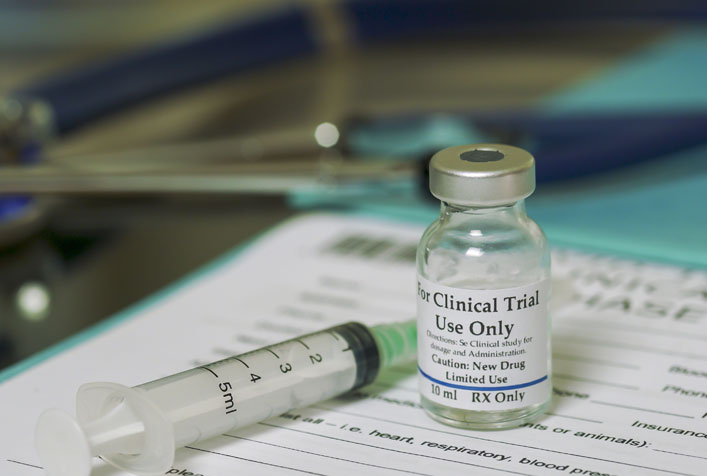Evaluating the Potential Impacts of Different Clinical Trial Strategies on Drug, Preventive Vaccine, and Therapeutic Complex Medical Device Development

Project Brief
The Challenge
There is ongoing debate on how to spur innovation of new medical products while controlling health care costs. Part of this debate has focused on the rising costs of bringing a medical product to market. Clinical trials constitute a major portion of the overall duration and cost of medical product development. ERG’s 2014 study found that the major obstacles to conducting clinical trials were high financial cost; lengthy timeframes; difficulties in recruitment and retention of participants; insufficiencies in the clinical research workforce; drug sponsor-imposed barriers; regulatory and administrative barriers; the disconnect between clinical research and medical care; and barriers related to the globalization of clinical research. Since 2014, there have been several developments in the clinical trials and regulatory environment, including FDA guidances that alter trial requirements, various incentives to spur medical product development, and the increasing complexity of medical products. Given these developments, the Office of the Assistant Secretary for Planning and Evaluation in the U.S. Department of Health and Human Services asked ERG to conduct a follow-up study to identify promising strategies under current conditions.
ERG's Solution
ERG conducted a follow-up study to identify promising clinical strategies with potential to improve medical product development efficiency, especially those that have come to focus since the 2014 study. For this study, we conducted a systematic review of the literature and a structured expert opinion elicitation using the modified Delphi technique from a panel of 27 experts to identify promising clinical strategies with potential to reduce the time and cost of conducting drug, preventive vaccine, and therapeutic complex medical device clinical trials. Strategies identified included the use of mobile technologies, electronic health records, and adaptive trial designs, as well as reduced source data verification.
Client
U.S. Department of Health and Human Services